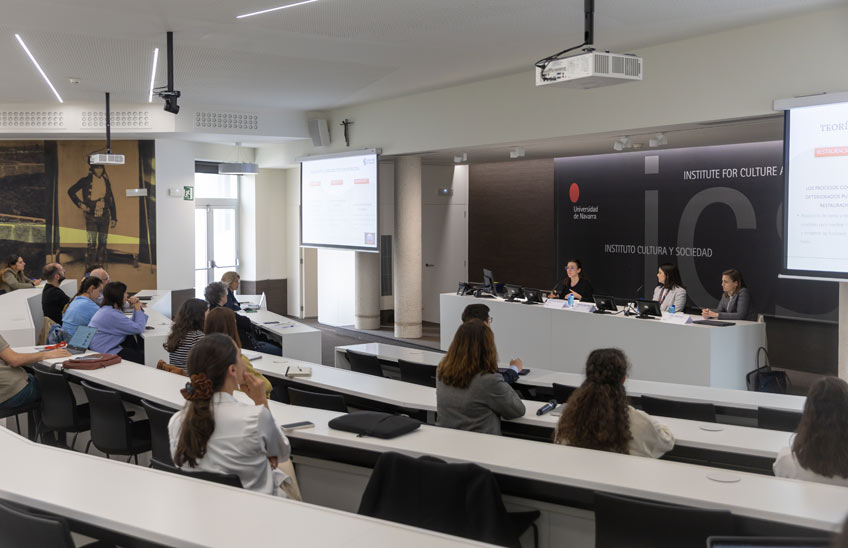Dani Rodrik, economist and Harvard professor: "The development of the service sector is core topic to create inclusive societies in the future".
The award Princess of Asturias Award for Social Sciences 2020 gave the III lecture of the Chair IDEA of New Longevities of the Institute for Culture and Society

FotoCedida<br>/El economista y profesor de Harvard Dani Rodrik.
17 | 05 | 2024
A firm commitment to the creation of new quality jobs in the service sector by promoting public policies. This is one of the keys defended by the economist Dani Rodrik, award Princess of Asturias for Social Sciences in 2020 and Harvard professor, at the III lecture of the Chair IDEA New Longevities of the University of Navarra. Institute for Culture and Society of the University of Navarra.
The expert, a reference in Economics Política, reflected on the importance of developing the service sector, an essential issue to face the current challenges brought about by the aging of the population and the increase in the need for care. "In the future, the majority of work jobs will come from the service sector, even if industrialization efforts are successful," he stressed. In this regard, he stressed that this "is the core topic to create inclusive societies".
Rodrik pointed out as main current problems the reduction of class average and the polarization of the labor market and stressed the importance of implementing and offering "good jobs". He described them as "stable jobs that allow to maintain the living standards of the class average with protection and labor rights covered, as well as regulations against arbitrary dismissal, possibilities for career advancement...".
Along these lines, he insisted on the need to abandon traditional solutions and promote new models that respond to current challenges. This decision, he explained, requires a change of focus, shifting from productivity and competitiveness to focus on the creation of quality jobs: "Instead of offering subsidies and tax incentives, we must focus on meeting the specific demands of each sector in the field of services. For example, by promoting sectoral training plans that include soft skills (communication, creativity, innovation, work in teams...)".
He also highlighted the essential role of innovative public policies focused on the local level and of development and the use of technologies that contribute to bring about the necessary change. To achieve this, he pointed to the strategicpartnership between the public and private sectors to facilitate the attention to the growing needs in the field of care.



